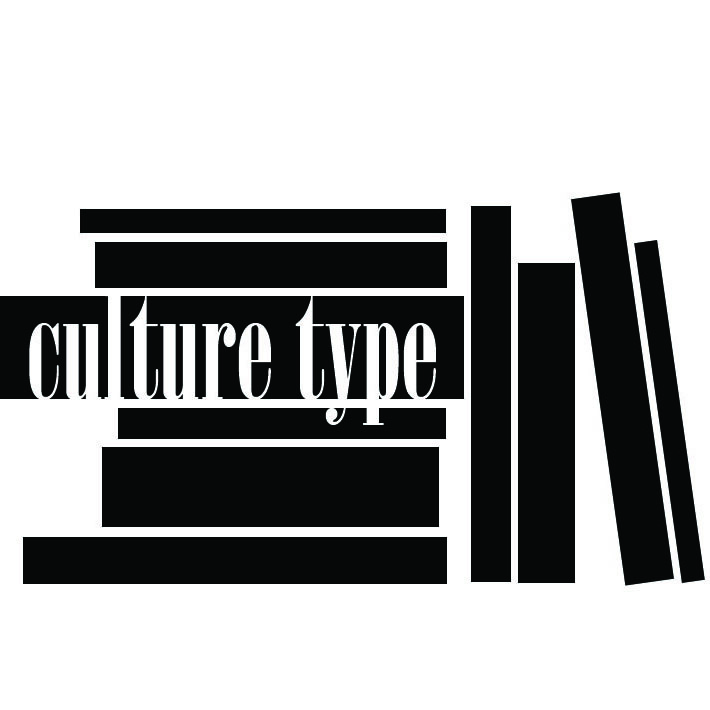FOR THE FIRST TIME in its 35-year history, the Turner Prize was awarded to more than one artist. Helen Cammock and Oscar Murillo were among four artists shortlisted for the British art prize. On Dec. 3, it was awarded jointly to Cammock, Murillo, Lawrence Abu Hamdan, and Tai Shani in the wake of their request to the jury to be considered as a collective. The $52,000 prize will be split four ways.

Unprecedented: From left, Oscar Murillo, Tai Shani, Helen Cammock, and Lawrence Abu Hamdan collectively won the 2019 Turner Prize. (Margate, England, Dec. 3, 2019) | Photo by Stuart C. Wilson/Stuart Wilson/Getty Images for Turner Contemporary
The evening ceremony was held at Turner Contemporary in Margate. Edward Enninful, the editor-in-chief of British Vogue, announced the winners live on BBC. When he opened the envelope to read the name of the winner, he said, “Okay. Well… As we’re speaking of the power of creativity, here’s something quite extraordinary.”
He continued reading the announcement: “At a time of political division in Britain and conflict in much of the world, the artists wanted to use the occasion of the Turner Prize to make a strong statement of community and solidarity and have formed themselves into a collective.” Enninful said the judges had unanimously agreed to award the prize to the four nominees. The room erupted in applause.
All of the artists deal with social and political issues in their work. Cammock centers marginalized voices, for example, and Murillo explores migration.
"At a time of political division in Britain and conflict in much of the world, the artists wanted… to make a strong statement of community and solidarity"
Turner Prize awarded to all four nominees, for first time in its 35-year historyhttps://t.co/dIG4lRmK6A pic.twitter.com/ADy3hk2M0q
— BBC News (UK) (@BBCNews) December 3, 2019
The artists gathered onstage to accept the prize. At the podium, Cammock read a joint statement on behalf of the group. She said: “None of us had met each other prior to the Turner Prize nomination, but on our initial meeting in Margate we quickly realized the shared ethos the runs across our otherwise very different practices. When there is already so much that divides and isolates people and communities, we feel strongly motivated to use the occasion of the prize to make a collective statement in the name of commonality, multiplicity and solidarity—in art as in society.”
“When there is already so much that divides and isolates people and communities, we feel strongly motivated to use the occasion of the prize to make a collective statement in the name of commonality, multiplicity and solidarity—in art as in society.”
— Joint statement read by Helen Cammock
A five-member jury selected the winner(s): Alessio Antoniolli, director of Gasworks & Triangle Network; Elvira Dyangani Ose, director of The Showroom Gallery and a lecturer in visual cultures at Goldsmiths; Victoria Pomery, director of Turner Contemporary, Margate; and writer Charlie Porter. Alex Farquharson, director of Tate Britain, chaired the jury.
The Turner Prize is administered by the Tate and named for J.M.W. Turner, an 18th century British artist. The prize recognizes “an artist born, living or working in Britain, for an outstanding exhibition or public presentation of their work anywhere in the world in the previous year.”
Only a few black artists have won the prize—Chris Ofili (1998), Steve McQueen (1999), and Lubaina Himid (2017). Then 63, Himid was the first black woman and the oldest artist to receive the honor.
The shortlist for the 2019 Turner Prize was announced May 1. An exhibition featuring Cammock, Murillo, Abu Hamdan, and Shani opened in September and is currently on view at Turner Contemporary through Jan. 12, 2020. CT
READ MORE about the artists’s collective statement about the state of British politics and governance
BOOKSHELF
The “Turner Prize 2019” catalog features interviews with Helen Cammock, Oscar Murillo, Lawrence Abu Hamdan, and Tai Shani and illustrates the artists’s work. The first volume to survey his career, “Oscar Murillo” was published on the occasion of the artist’s solo exhibition at Haus der Kunst in Munich in 2017. “Oscar Murillo: the build-up of content and information” was published earlier this year. “Oscar Murillo: Work” documents his residency at the Rubell Family Collection in Miami, where his first U.S. solo show was held.
Helen Cammock was born in Staffordshire, UK, and lives and works in London. Her research-based practice spans film, photography, print, text, and performance. Cammock’s Turner Prize exhibition includes “The Long Note,” a film about civil rights in Derry, Northern Ireland, and the overlooked role of woman in the movement that began in 1968. | Video by Turner Contemporary
Oscar Murillo works across a variety of mediums from painting and sculptural installation to performance and video. Murillo’s Turner Prize 2019 installation is a meditation on migration in the UK. In addition to a series of large-scale un-stretched abstract paintings that reflect on society’s “blindness” and “darkness,” he is showing a group of life-size, papier mâché figures that represents a global population of migrant workers. Colombia-born Murillo is based in London and several other locations. | Video by Turner Contemporary























